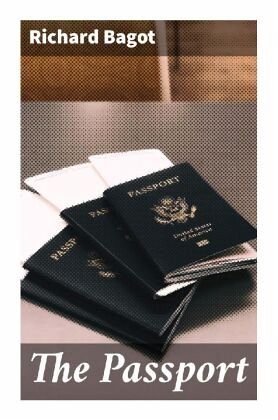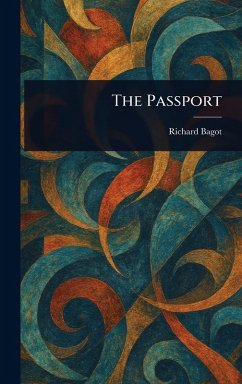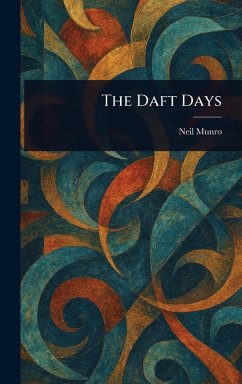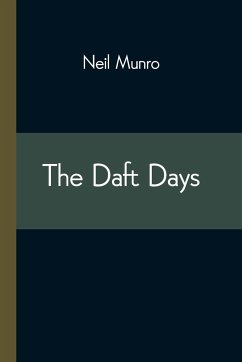
The Passport
Versandkostenfrei!
Versandfertig in 6-10 Tagen
9,99 €
inkl. MwSt.
Weitere Ausgaben:

PAYBACK Punkte
5 °P sammeln!
In "The Passport," Richard Bagot intricately weaves a narrative that examines the complexities of identity, belonging, and the bureaucratic machinations of modern life. Set against the backdrop of early 20th-century Europe, Bagot's prose is both lyrical and incisive, capturing the anxieties and aspirations of migrants seeking refuge and acceptance. Drawing from a rich tapestry of historical context, the novel delves into themes of nationalism and displacement, resulting in a compelling exploration of what it means to possess and wield the power of documentation in a rapidly changing world. Ric...
In "The Passport," Richard Bagot intricately weaves a narrative that examines the complexities of identity, belonging, and the bureaucratic machinations of modern life. Set against the backdrop of early 20th-century Europe, Bagot's prose is both lyrical and incisive, capturing the anxieties and aspirations of migrants seeking refuge and acceptance. Drawing from a rich tapestry of historical context, the novel delves into themes of nationalism and displacement, resulting in a compelling exploration of what it means to possess and wield the power of documentation in a rapidly changing world. Richard Bagot, a man of varied experiences and profound insights into human nature, found a vital point of inspiration for "The Passport" in the socio-political upheavals of his time. As someone attuned to the nuances of human relationships and the effects of rigid societal structures, Bagot wrote this gripping tale to highlight the personal struggles hidden beneath the weight of official endorsements and national identities. The author's keen awareness of the world around him informs every page of this poignant work. This meticulously crafted novel is recommended for readers interested in the intersection of identity and policy, as well as those captivated by rich historical narratives that resonate with contemporary issues. Bagot's "The Passport" not only enlightens but challenges the reader to reflect on the value of genuine human connections in an increasingly transactional world.













